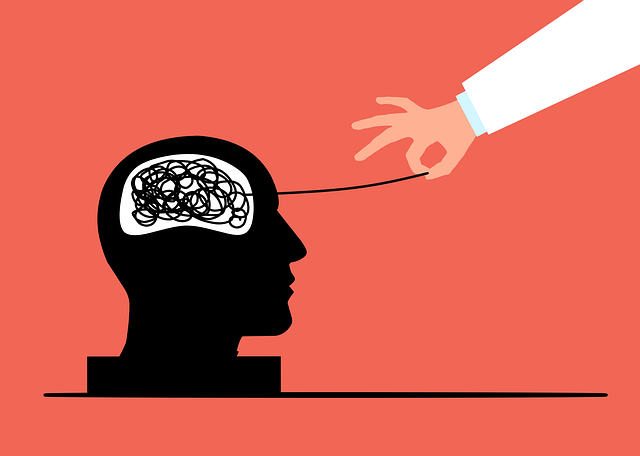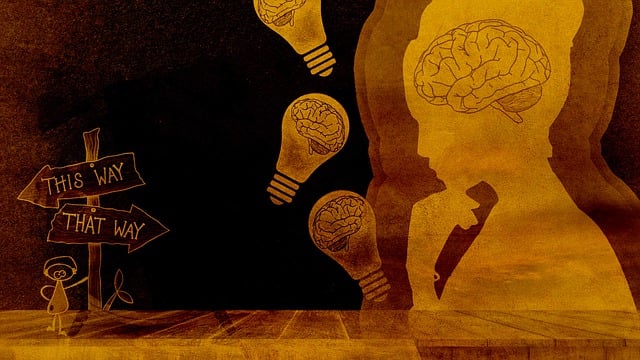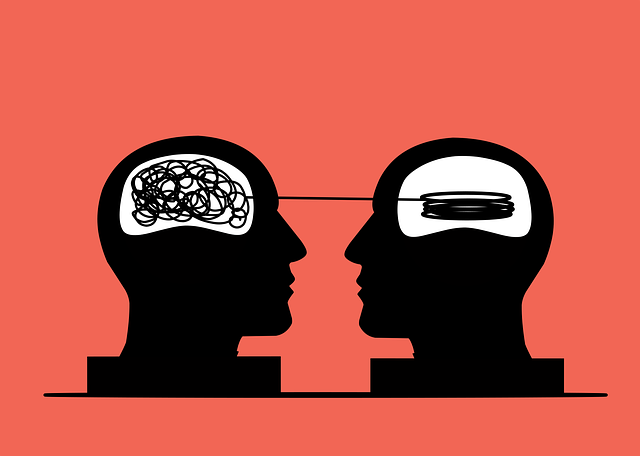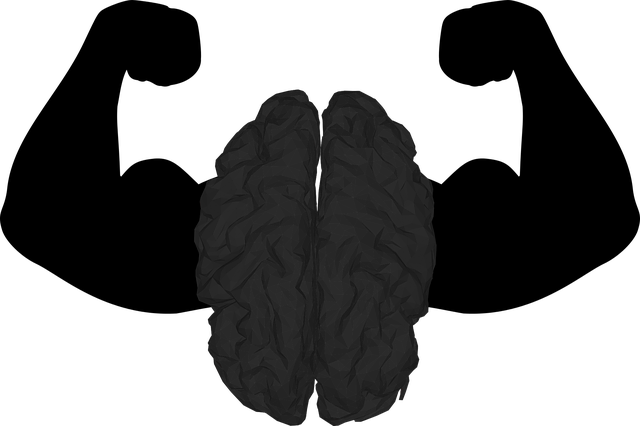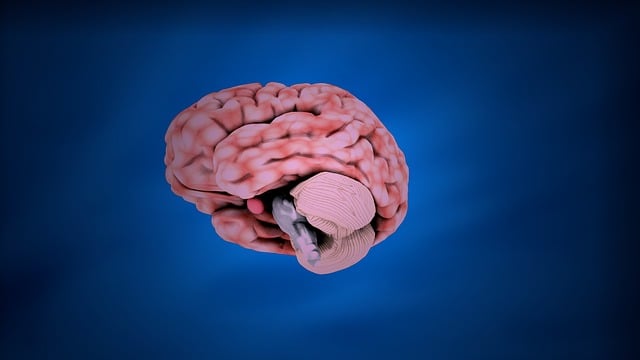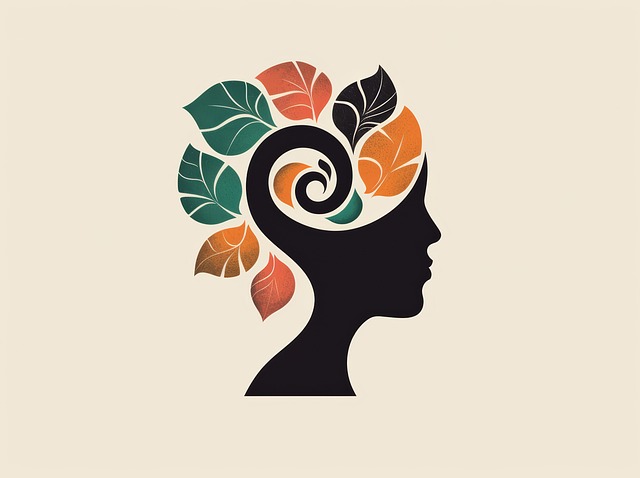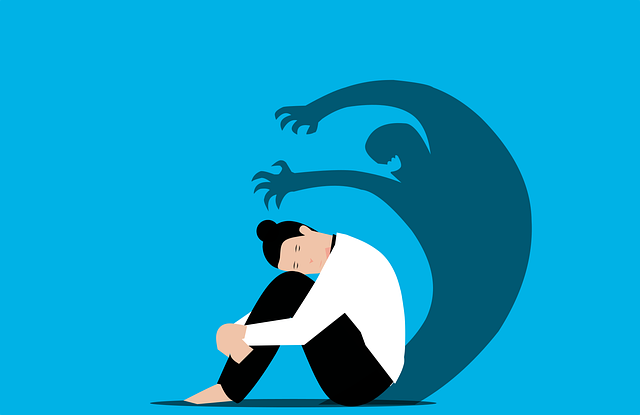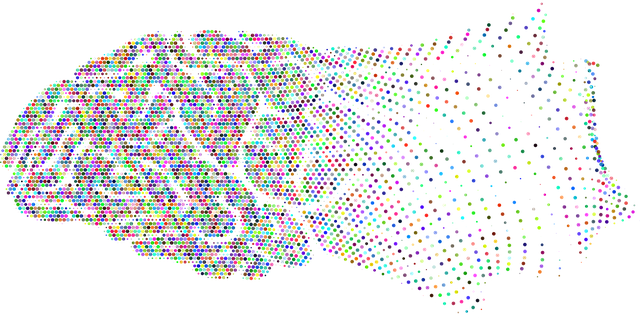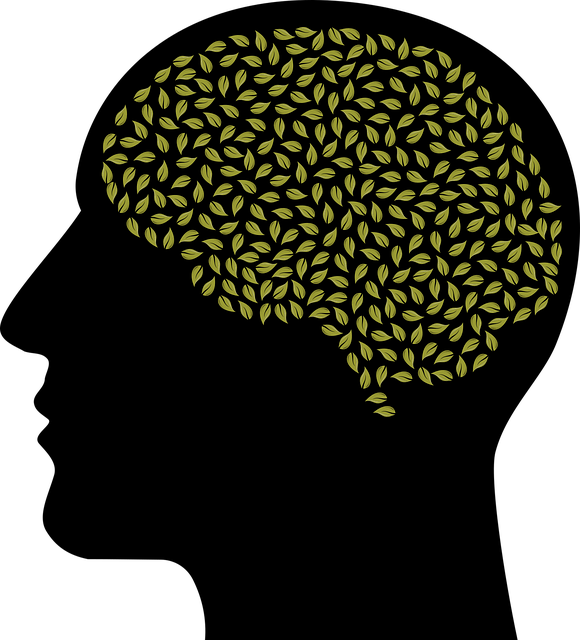Childhood sexual abuse (CSA) significantly impacts mental health, leading to emotional dysregulation, anxiety, depression, and physical symptoms. Specialized therapies like TF-CBT and EMDR are crucial for healing, empowering survivors with coping mechanisms, inner strength, and communication strategies. Early intervention through these therapies prevents long-term psychological issues. Culturally sensitive practices ensure tailored support, fostering better engagement and outcomes. Healing approaches create a holistic system for well-being, focusing on mood management for survivors and caregivers. Techniques like CBT, EMDR, mindfulness, art therapy, and physical activity help develop resilience and promote mental wellness for CSA survivors.
Stress reduction methods are vital for individuals who have experienced childhood sexual abuse, which can profoundly impact mental health and well-being. This article explores the complex issue, offering insights into understanding its effects, early intervention’s significance, and various therapeutic approaches to healing. We delve into practical stress reduction techniques tailored for survivors, emphasizing resilience building for a healthier future. Key topics include effective therapy types specifically designed for children sexual abuse survivors, guiding them towards recovery and empowerment.
- Understanding the Impact of Childhood Sexual Abuse
- The Importance of Early Intervention and Support
- Therapeutic Approaches for Healing and Recovery
- Practical Stress Reduction Techniques for Survivors
- Building Resilience and Empowering a Healthy Future
Understanding the Impact of Childhood Sexual Abuse

Childhood sexual abuse (CSA) is a profound form of trauma that can have lasting effects on an individual’s mental health and overall well-being. Understanding the impact of CSA involves recognizing its complex nature, as it can manifest in various ways, including emotional dysregulation, anxiety, depression, and even physical symptoms. Survivors may struggle with trust issues, experience flashbacks or nightmares, and have difficulty forming healthy relationships.
Therapy plays a pivotal role in healing from CSA, especially for children. Through specialized therapy for CSA survivors, such as trauma-focused cognitive behavioral therapy (TF-CBT) or eye movement desensitization and reprocessing (EMDR), individuals can develop effective coping mechanisms, enhance their inner strength development, and learn communication strategies to express their experiences. Community outreach program implementation can also be transformative, providing support networks and resources tailored to the unique needs of CSA survivors.
The Importance of Early Intervention and Support

Early intervention plays a pivotal role in stress reduction for survivors of sexual abuse, particularly children. The impact of such traumatic experiences can be profound and long-lasting, affecting various aspects of an individual’s life, including emotional well-being, social interactions, and overall mental health. Timely support through specialized therapy is crucial to help young survivors process their trauma effectively. This early intervention can prevent the development of complex psychological issues later in life, such as depression or anxiety disorders, which are common among sexual abuse survivors.
Therapy for children who have experienced sexual abuse requires cultural sensitivity and a nuanced approach. Mental healthcare professionals must be adept at creating safe spaces where survivors feel comfortable sharing their stories. Incorporating culturally sensitive practices ensures that the therapeutic process is tailored to each child’s unique background and experiences, fostering better engagement and outcomes. Additionally, addressing mood management strategies and preventing burnout among caregivers can contribute to a holistic support system for these vulnerable individuals.
Therapeutic Approaches for Healing and Recovery

For children who have experienced sexual abuse, healing and recovery are essential components of their journey towards mental wellness. Therapeutic approaches play a pivotal role in this process, offering safe spaces for expression and processing traumatic experiences. One effective method is Cognitive Behavioral Therapy (CBT), which helps survivors understand and challenge negative thought patterns and behaviors that may have emerged as a result of the abuse. By identifying and changing these patterns, CBT empowers children to develop healthier coping mechanisms and improve their overall mental wellness.
Additionally, Eye Movement Desensitization and Reprocessing (EMDR) therapy has shown remarkable results in treating trauma, including sexual abuse. EMDR facilitates the brain’s natural healing process through bilateral stimulation, allowing survivors to process and release traumatic memories. This innovative approach aids in reducing the intensity of flashbacks, nightmares, and other distressing symptoms associated with post-traumatic stress disorder (PTSD). Thus, it not only supports depression prevention but also acts as a powerful tool for stress reduction methods tailored to children’s unique needs.
Practical Stress Reduction Techniques for Survivors

Surviving sexual abuse as a child can be incredibly traumatic, leaving lasting impacts on mental wellness. Implementing practical stress reduction techniques is an essential part of the healing process for survivors. One effective approach is therapy, specifically designed to help children process their experiences and develop coping skills. Through specialized therapy for children sexual abuse survivors, they can learn healthy ways to manage stress and emotions associated with the trauma.
Incorporating activities like mindfulness meditation, deep breathing exercises, or creative outlets such as art therapy can significantly contribute to risk management planning for mental health professionals treating these survivors. These techniques foster self-regulation and promote a sense of safety, helping individuals regain control over their lives. Additionally, encouraging survivors to engage in regular physical activity, spending time in nature, and building strong support networks are valuable coping skill development strategies that enhance overall resilience and mental wellness.
Building Resilience and Empowering a Healthy Future

Building resilience is a pivotal aspect of stress reduction, especially for those who have experienced traumatic events like sexual abuse. Therapy plays a crucial role in empowering survivors to navigate and overcome challenges. Through specialized treatment, such as therapy tailored for children sexual abuse survivors, individuals can develop coping mechanisms, enhance self-esteem, and regain control over their lives. This process fosters mental wellness and equips them with the tools necessary to manage future stressors effectively.
Incorporating practices like mental wellness journaling exercises into daily routines can further support this journey. It provides an outlet for expression, helping individuals process emotions and reflect on personal growth. Additionally, risk management planning for mental health professionals is essential in creating a supportive environment, ensuring practitioners can prevent burnout and maintain their well-being while assisting clients on their path to recovery.
In light of the profound impact of childhood sexual abuse, it’s crucial to equip survivors with effective tools for healing and stress reduction. Early intervention and therapeutic approaches play a pivotal role in fostering resilience and empowering individuals to build a healthier future. By combining practical stress reduction techniques with specialized therapy for children sexual abuse survivors, we can navigate the challenges and cultivate well-being. These strategies offer hope and a path toward recovery, ensuring that survivors are supported every step of the way.
